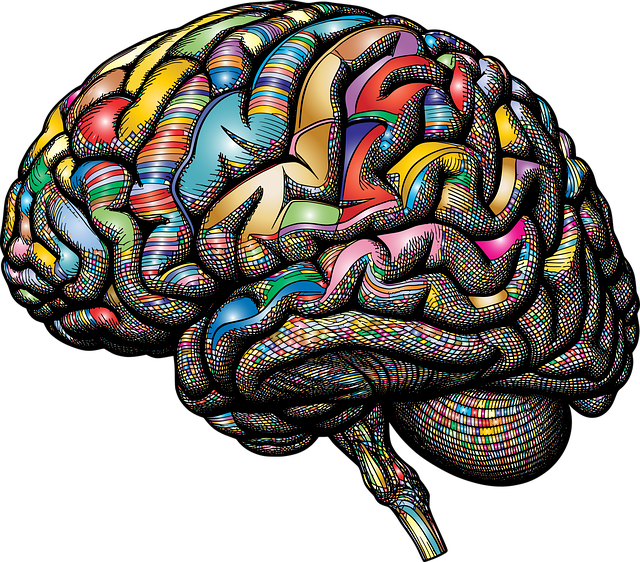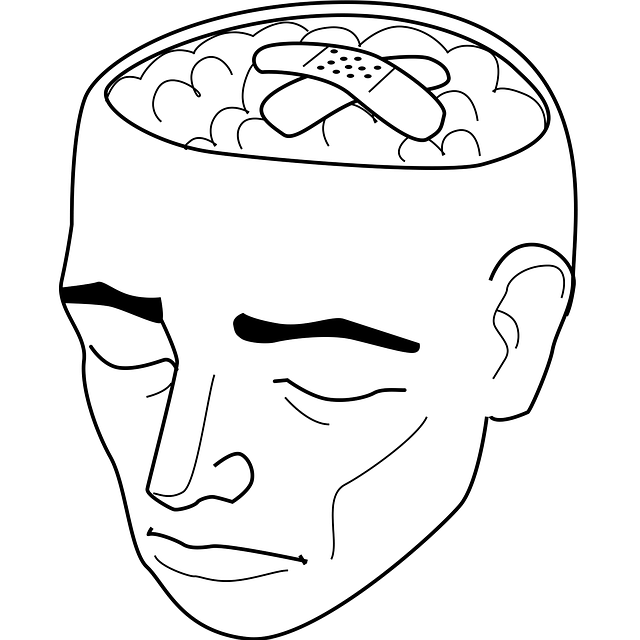The growing global mental health crisis among youth, known as the Centennial Crisis, demands immediate action. This crisis highlights the need for effective counseling therapy and emotional well-being promotion to build resilience in younger generations. Organizations like Centennial Crisis Counseling Therapy offer crucial services, providing crisis intervention and long-term stress management strategies. Through individualized therapy, workshops, and community outreach, they foster mental health awareness, reduce stigma, and positively impact entire communities. A multi-faceted approach, including immediate access to professional care, conflict resolution techniques, cultural sensitivity training, education campaigns, and supportive community networks, is essential for effective mental health advocacy and crisis support.
Mental health advocacy initiatives are more crucial than ever as we navigate the complex challenges of the Centennial Crisis. This global mental health landscape demands innovative strategies, with counseling and therapy playing a pivotal role in advocacy efforts. By understanding the root causes and impacts of this crisis, we can develop effective initiatives that foster holistic support. Explore our comprehensive guide delving into these key areas, from unraveling the Centennial Crisis to empowering communities through counseling therapy and beyond.
- Understanding the Centennial Crisis: Unveiling the Mental Health Landscape
- The Role of Counseling and Therapy in Advocacy
- Strategies for Effective Mental Health Advocacy Initiatives
- Building a Supportive Community: A Holistic Approach to Mental Well-being
Understanding the Centennial Crisis: Unveiling the Mental Health Landscape

In recent years, there’s been a growing recognition and understanding of the profound impact of mental health issues on individuals and communities worldwide. This heightened awareness has brought to light what is now widely referred to as the Centennial Crisis—a term encapsulating the escalating mental health challenges faced by today’s youth. The crisis highlights the urgent need for effective counseling therapy and emotional well-being promotion techniques to foster resilience building among younger generations.
The mental health landscape is complex, with various factors contributing to the rise in anxiety, depression, and other mental wellness struggles. From increased social media usage to heightened academic pressures and evolving societal expectations, the challenges are multifaceted. Recognizing these issues is a pivotal step towards implementing strategies that promote mental resilience. By understanding the Centennial Crisis, we can better equip ourselves and future generations with the tools needed to navigate life’s hurdles, ensuring improved emotional well-being for all.
The Role of Counseling and Therapy in Advocacy

Counseling and therapy play a pivotal role in mental health advocacy initiatives by providing individuals with the tools and support necessary to navigate and overcome their challenges. Organizations like Centennial Crisis Counseling Therapy offer not just immediate intervention during crises but also long-term strategies for stress management. Through individualized therapy sessions, clients can explore underlying causes of distress, develop coping mechanisms, and enhance their overall well-being. This holistic approach empowers individuals to become advocates for their mental health, breaking down barriers and fostering resilience within their communities.
In addition to individual counseling, Stress Management Workshops and Community Outreach Program Implementation initiatives often incorporate compassion cultivation practices. These practices not only help participants manage stress but also foster a sense of belonging and understanding, which is crucial in advocating for mental health awareness. By engaging in these programs, individuals gain valuable insights into their own mental health struggles while learning to support others, creating a ripple effect that positively impacts entire communities.
Strategies for Effective Mental Health Advocacy Initiatives

Mental health advocacy initiatives require a multi-faceted approach to be truly effective. Firstly, Centennial Crisis Counseling Therapy offers valuable resources for individuals facing mental health crises, ensuring prompt access to professional support. Additionally, integrating Conflict Resolution Techniques into these initiatives can help reduce barriers to care by fostering open communication and understanding between patients and service providers. By teaching individuals effective conflict resolution strategies, these initiatives empower them to navigate challenging situations, enhancing their overall well-being.
Building cultural sensitivity within mental healthcare practices is another crucial aspect. This involves training professionals to be mindful of diverse cultural backgrounds, beliefs, and expressions of distress. Incorporating Cultural Sensitivity in Mental Healthcare Practice allows for more personalized and inclusive support, ensuring that advocacy initiatives resonate with a broader spectrum of individuals. Boosting confidence through education and awareness campaigns also plays a significant role, encouraging people to seek help without fear of stigma or judgment.
Building a Supportive Community: A Holistic Approach to Mental Well-being

Building a supportive community is a holistic approach to fostering mental well-being, addressing the growing need for comprehensive mental health advocacy initiatives. This involves creating networks where individuals, especially those facing challenges like burnout, can find understanding and resources. By integrating various support systems, such as counseling therapy services offered by Centennial Crisis Counseling, we can create safe spaces that cater to diverse needs. These communities encourage open conversations about mental health, reducing the stigma often associated with seeking help.
Furthermore, incorporating strategies like Burnout Prevention Strategies for Healthcare Providers and Mental Wellness Coaching Programs Development ensures a proactive approach to maintaining mental wellness. Promoting Mind Over Matter principles within these communities empowers individuals to take charge of their well-being. This holistic perspective recognizes that mental health is influenced by various factors, including social connections, self-care practices, and access to professional resources, ultimately leading to more resilient and supportive communities.
Mental health advocacy initiatives, particularly those focusing on the Centennial Crisis, play a pivotal role in shaping a more supportive and understanding society. By integrating counseling and therapy as core strategies, we can effectively address the mental health landscape’s complexities. Through holistic approaches that build supportive communities, we not only enhance individual well-being but also foster collective resilience. The combination of these tactics ensures that mental health advocacy moves beyond awareness to create tangible, positive change for all.














